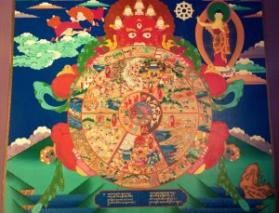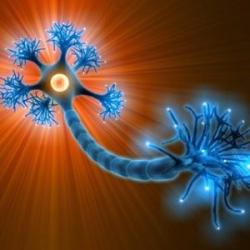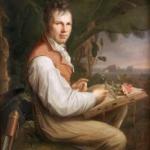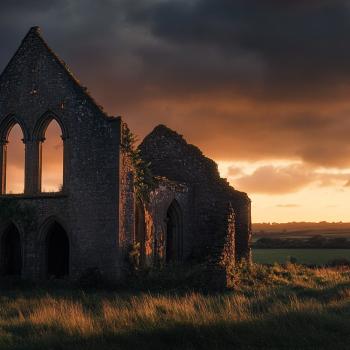by Gregory Gronbacher Science can purify religion from error and superstition. Religion can purify science from idolatry and false absolutes. – John Paul II Our times seem to be marked by posts — post-modern, post-Christian, post-Liberal, and even post-secular. The concept of post-secularism is more commonly used in Europe than currently in the US. The term is contentious, with many scholars finding it too vague to be useful, while others simply deny that we are in a post-secular culture. However, I tend to agree that Western culture, the US included, is now... Read more





















